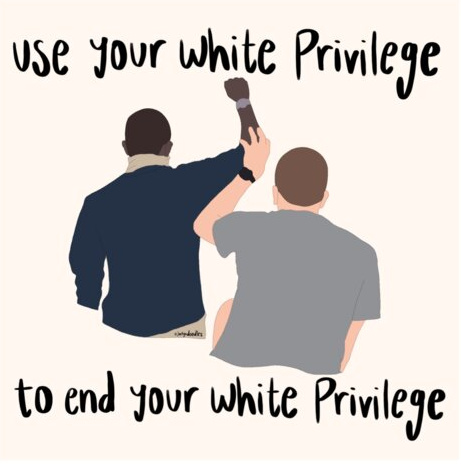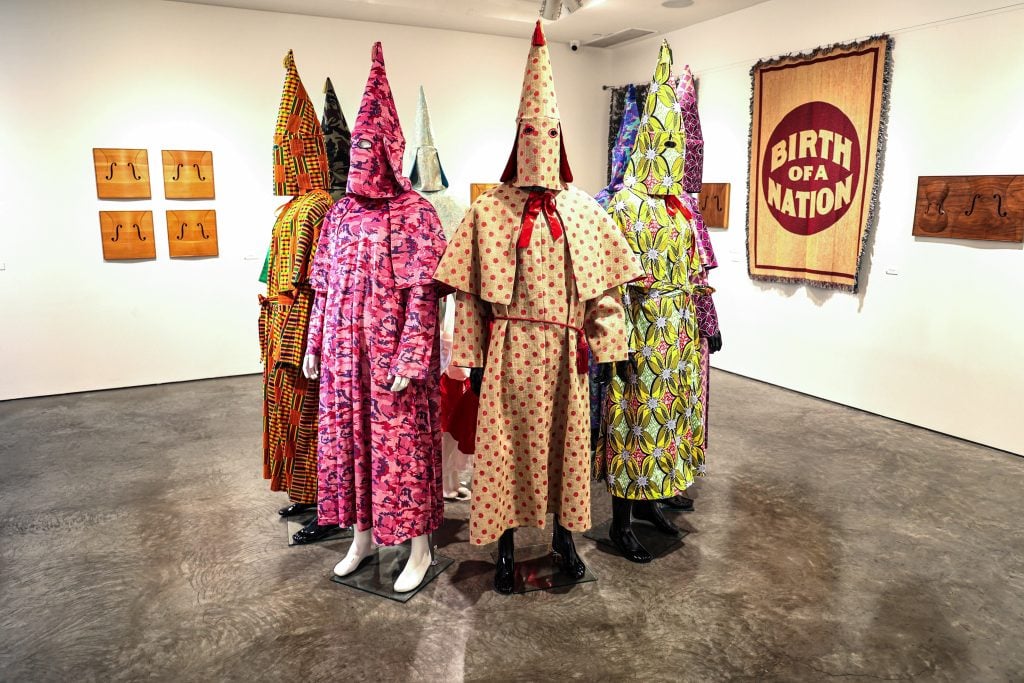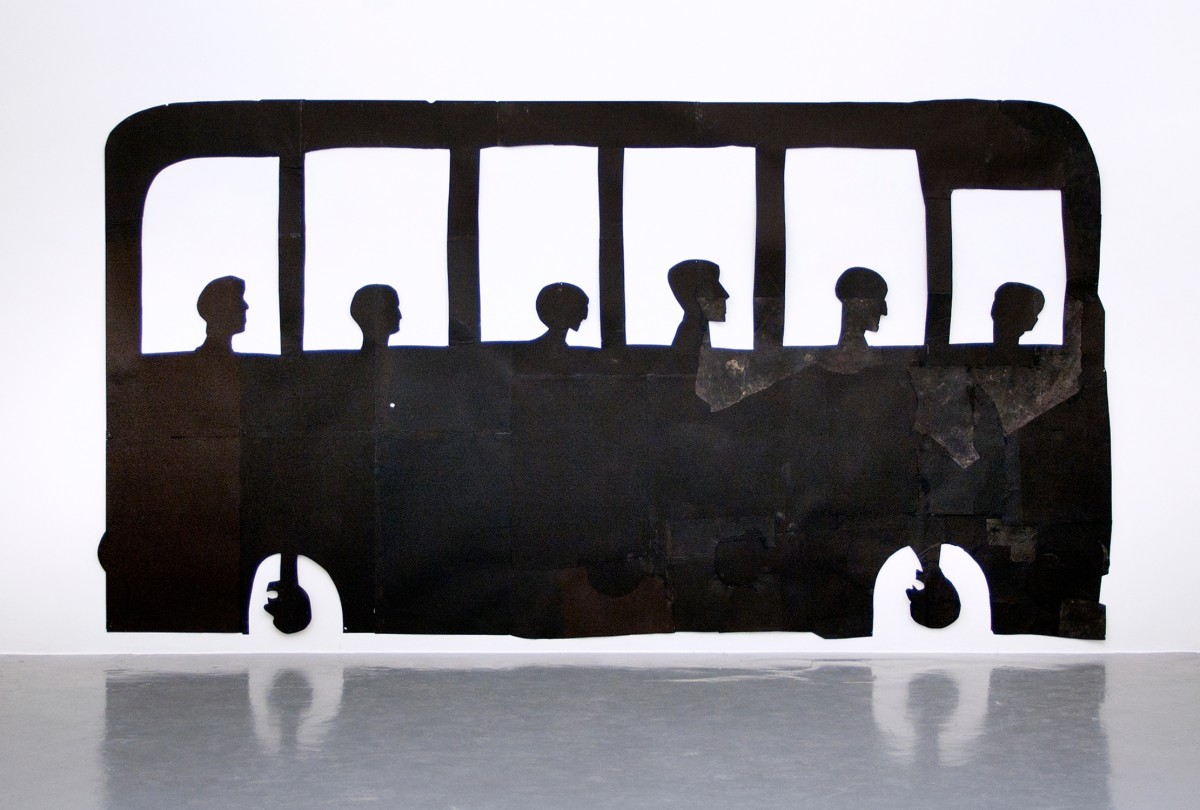
“Unfortunately, much of the present ‘anti-racist’ conversation is ahistorical and lacking in this analysis. It is also generally devoid of analysis of class or capitalism, which it seems to have largely replaced with interpretation of interpersonal ‘privilege’. …
It is far more persuasive to be presented with a clear vision of the type of society we want to create because we all stand to benefit from it, rather than being chastised to transfer your ‘privilege’ to a ‘black‘ person, especially when the steps about how to actually do that are the best vague and nebulous. …
[For example, Holiday Philips writes,] ‘An ally is someone from a non-marginalized group who uses their privilege to advocate for a marginalized group … They transfer the benefits of their privilege to those who lack it.’
First of all, this is wildly generic. Who is the ‘non-marginalized group’ and who is the ‘marginalized’? … Many white people are not in possession of enough privilege to transfer its benefits to anyone. … Moreover, how would they transfer it?
Are the benefits of the ‘privilege’ we are demanding they transfer merely material benefits extracted through the exploitation of the poor? Of migrants? Of sweatshop labourers? Of the environment? Because the mainstream anti-racist conversation is conveniently devoid of any analysis of class or capitalism, this crucial question is left unanswered, and the ”transfer of privilege’ to ‘marginalized groups’, irrespective of individual circumstances (these transfers always seem to be framed in terms of individuals rather than systems), starts to look like the transfers of resources to people in the global north – who, although members of ‘marginalized groups’, still often have structural privilege over other people with whom they might share racial, but not class, identities. …”
aus: Emma Dabiri: What white people can do next, o.O.: Penguin Random House UK 2021, S.5, 16, 22, 23.
Abb.: Jaelin-doodles: End your privilege, im Internet.
08/24





